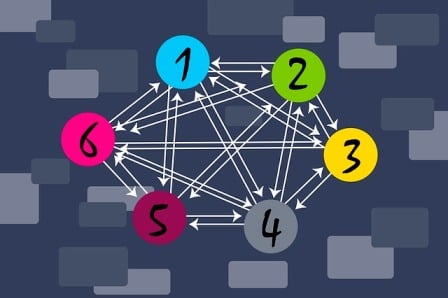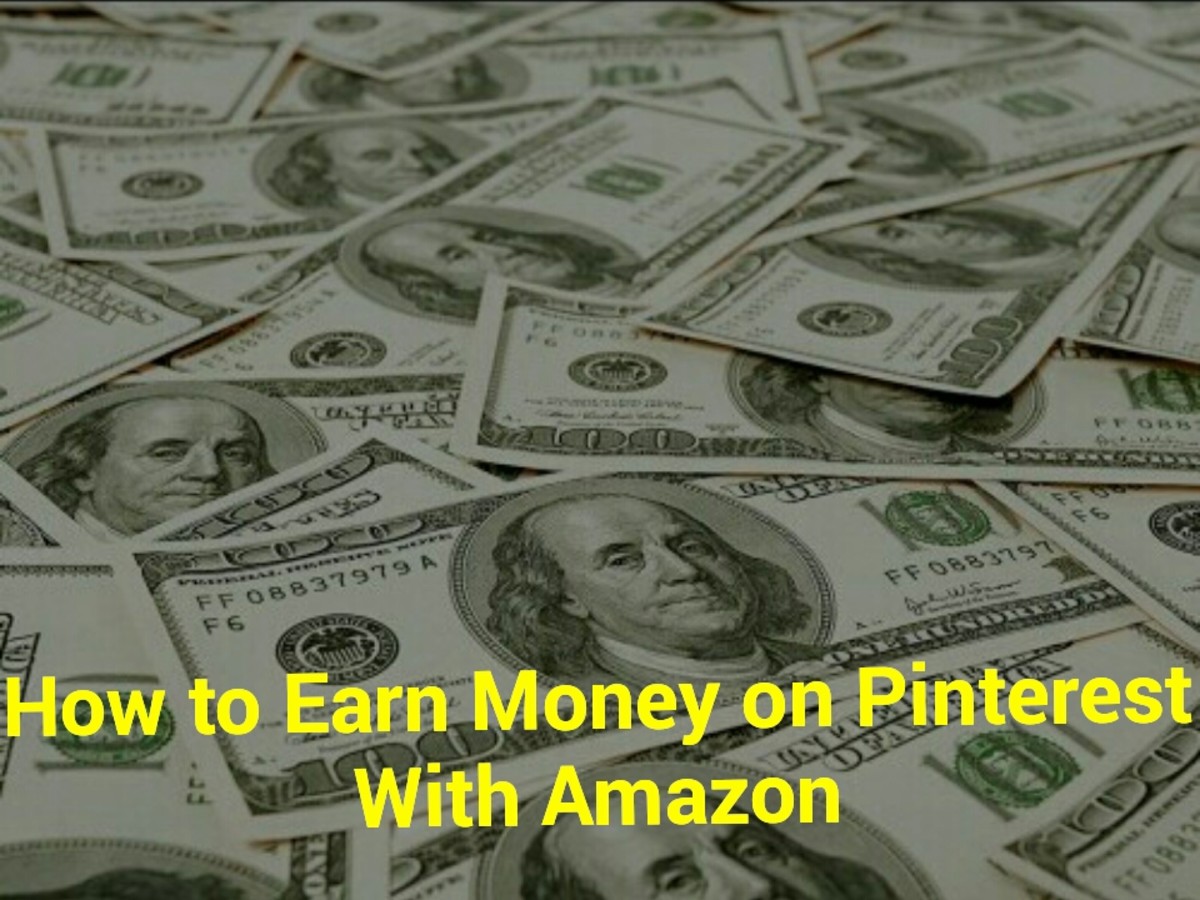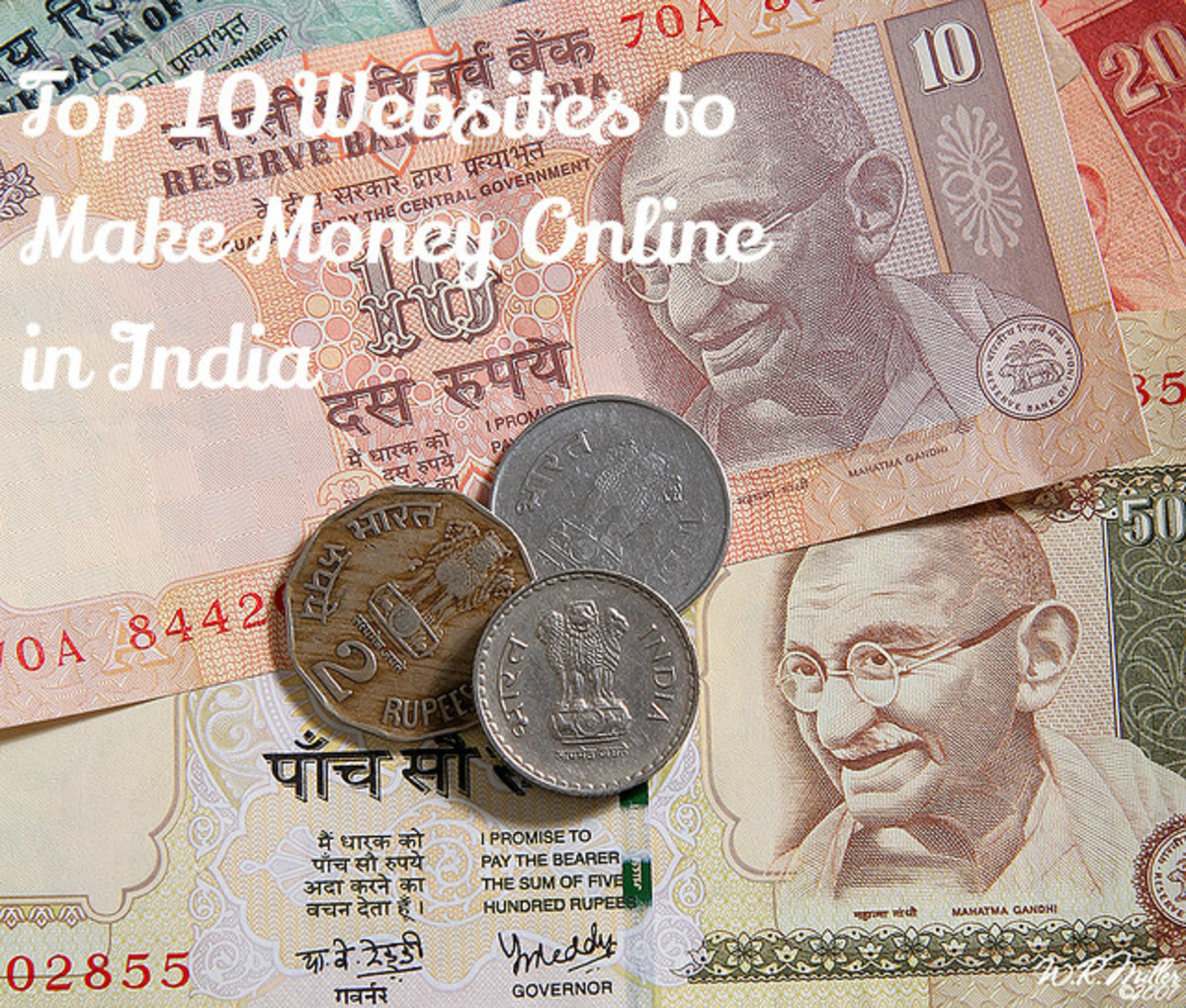Maximizing Your Web Content for Higher Revenue

Strategies for Earning Web Revenue
Can you earn more revenue from your online articles? Yes, you can, if you take steps to maximize their revenue potential.
Sooner or later, once you've created a number of articles, you'll consider how to make your web content earn more for you. This makes sense. You've already done the work; certainly, spending time each day maximizing your articles for greater revenue is a given.
There's an old saying, "writers never quit writing." What might be more germane is that in reality, most of us never quit tweaking. You'll know what I'm talking about if you have gone in and modified or strengthened your online articles.
This hub will offer suggestions for tweaking. In fact, I would recommend that you spend about 10 minutes each day doing this. Optimizing your articles can be done in baby steps, while you're having your morning coffee.
When you think about it, you probably do this anyway, hit and miss, so it makes sense to make a habit of it, to earn higher amounts. This hub details strategies to help you wring the most from your online content.
Some of this information, you may be familiar with, some of it might be new and hopefully it will give you ideas for increasing your earning potential.
Your Pre-sell
Write Interesting Article Descriptions
Check your article descriptions and if you can improve them to make them more interesting to readers, do so. Remember, descriptions are displayed in search results, along with article titles.
The title and description are the first thing searchers see when results are returned.This is your pre-sell. Try to put yourself in readers' shoes. If you saw the description would you click on the link to read more? Is it interesting and intriguing or bland and boring?
Your description is your hook. At sites that allow for an article descriptions, ensure yours are not only up to the task but pique readers' curiosity.

Link to Related Articles
I've mentioned this in other articles and I will reiterate it again. Get into the habit of including links in your articles to your related articles at sites where this is allowed. It should be obvious why this is such a good idea. You leverage the power of one article to bump up views other articles, thus increasing your chances of netting higher web revenue.
Here at HubPages, we have the handy link tool and it's a good bet that if a reader is reading one of your hubs, they would click through to read another hub on a related topic.They are already interested in the subject matter.
One of my readers left an interesting comment. The reader wrote about my article links and how, by means of those links, he had read a number of my articles. This was at a site that I was using to send traffic to other sites where my articles appeared, so these were not on-site links but outbound links.
Generally speaking, external links may not be considered ideal because they divert traffic away from a page--but traffic that goes to any of your articles is a good thing and if you're also creating inbound links, this can balance things out a bit. Much depends on the site you are writing for.
Some writers only do internal linking so that all their article traffic stays at the same site; some writers links across a number of sites.
However you decide to link, it is still a good method to leverage the power of each of your articles to send readers to more articles. Get into the habit of linking each time you write a new article. By doing so, you stand a good chance of increasing web revenue amounts.
Beefing up Blurbs
Write Compelling Link Blurbs
Take linking one step further by including interesting descriptions or link blurbs with each link, which increases the likelihood that readers will check out more of your articles and/or share your articles with others.
At HubPages if you are using the linking tool, make use of the edit function and make sure your link descriptions are interesting.
If you are adding links to the foot of your articles, instead of just including the link or the title and the link, why not write a link blurb? This is far more interesting to readers instead of just a dry link list.
Ask yourself, when you've read an article and seen a list of links at the bottom, how many have you clicked on? And why did you? Usually something grabs our attention and this is what motivates us to take action. An interesting link blurb can be the clincher.
Use High CPC Keywords
Most writers are familiar with this but for those who may not be: check your keywords with the AdWords Keyword Tool and if warranted, make title/textual changes to include higher CPC keywords.
Ideally, this should be done before you write any article but as part of optimizing your web content for higher revenue, later is better than never.
Why write an article around a keyword that is worth less? Writing articles using keywords with a higher cost per click means higher revenue over the long-term.
It's a given that if there's a tag field, you will include your high CPC keywords in that field. Sites used to regularly include a tag field where you could insert your keywords or tags. Things have changed and many sites no longer include a tag field; however, if there is one, add your keywords.
Writing Longer Articles to Maximize Earnings Potential of Text Link Ads
If you are creating web content for a site that allows you to earn from text-link ads, consider making your articles longer so that a greater number of text links appear.
You could use this same approach if, as part of your monetization strategy for your blogs or sites, you've signed up for text links ads. The more content, the more potential text links ads, and thus, greater earnings for you.
Content-Rich is Now the Name of the Game
Content-Rich
Even if you aren't worried about text-link ads or ad placement, certainly making your articles content-rich will help bump up your article earnings. The days of churning out 200-word articles are long over.
Writing Product-Related Articles
For sites that allow inclusion of product capsules, writing actual product-related articles and earning when someone purchases the product via your capsule, is a good idea and can add to your overall earnings.
Writers often create a page of content, then include product capsules. Certainly, one can do this here at HubPages but why not turn things around by writing about actual products? This has proven far more effective than merely including a capsule, and increasingly, this is frowned on.
For example, if someone writes an article about how to curb acne and describes a product they've tried that worked for them, and they explain how and why or how fast it worked, can you see the potential in a page that not only tells readers how to curb acne using a certain product, gives an actual user experience, then includes a capsule as to where that particular product can be purchased?
If your web content discusses a problem then points readers to a product that offers a solution, this increases your chance of earning from product capsules.

Formatting Your Articles For Ad Block Placement
Pay attention to how you format your articles at sites where ad blocks appear. At some sites, adding multiple text capsules means you can influence ad placement. What do I mean by this?
You may be able to "push" the first ad block up, if your first text capsule is long enough; conversely, if it is not long enough, the ad block may appear further down on the page.
Think "above the fold" when creating your content and in relation to where ads appear. If you want readers to see ads because you are writing at a site where earnings are generated via ads, ensure these ads are in the best position, where more people will see them.
Different Times, Different Measures
The web keeps changing, so what works for a time, may no longer be effective. But strive to offer good-quality articles, full of usable and useful information, which will help generate both traffic and earnings for a long time to come.
RSS Article Feeds
At sites that allow for addition of RSS article feeds, use these so that your other articles show. This can be a quick way of displaying your articles. Article feeds can act like mini publishing companies and can be very convenient.
Referral Links
If referral earnings are available, include your referral information at the foot of each article so that a greater number of people join through your referral URL.
Usually these earnings do not amount to much but for the few seconds it takes to include a referral URL, this might net you some additional earnings.
Your blog is also another place to add your referral info, as many blog readers may decide to sign up with a particular site after reading of your personal experiences with same.

The Importance of Creating Inbound Links to Increase Web Revenue
I touched on this when I discussed linking to related articles. Now, take it a step further: work to create inbound links to your articles. We hear this all the time but doing this each day can make a difference.
An easy method to do this is to set a goal of so many inbound links each day. If a person were to create two inbound links each day, in one year this would be 730 inbound links to their articles.
Another goal is to aim for 10 inbound links per article. The easiest method by far: if you create web content across a number of sites, identify which sites allow for external links and routinely add your article links in your content, thus creating external links that become inbound links to your other articles.
- Make use of Do Follow sites that allow external links.
- Create related articles at the free article directory sites. While these may have been Google-slapped, they still offer a method of traffic generation because each time any of these articles are used by others, your author info and links have to be included. By far, I've found that writing articles at free article directories and using these to create inbound links to my other articles, has been a powerful method of increasing views and bumping up my web revenue.
Do You Optimize Your Web Content to Generate Higher Revenue?
Different Sites, Different Strategies
As touched on, each site is different and what might fly at one site, won't necessarily be allowed at another.

These Methods Work to Increase Web Revenue
When you evaluate the earnings potential of your articles, you begin to think of different methods to maximize your web content for the greatest possible revenue. You've already done the work, so spending a few minutes each say to leverage your articles' earning power makes sense. Whatever you do, the time you invest will pay off in the months and years to come.
© 2013 Athlyn Green








